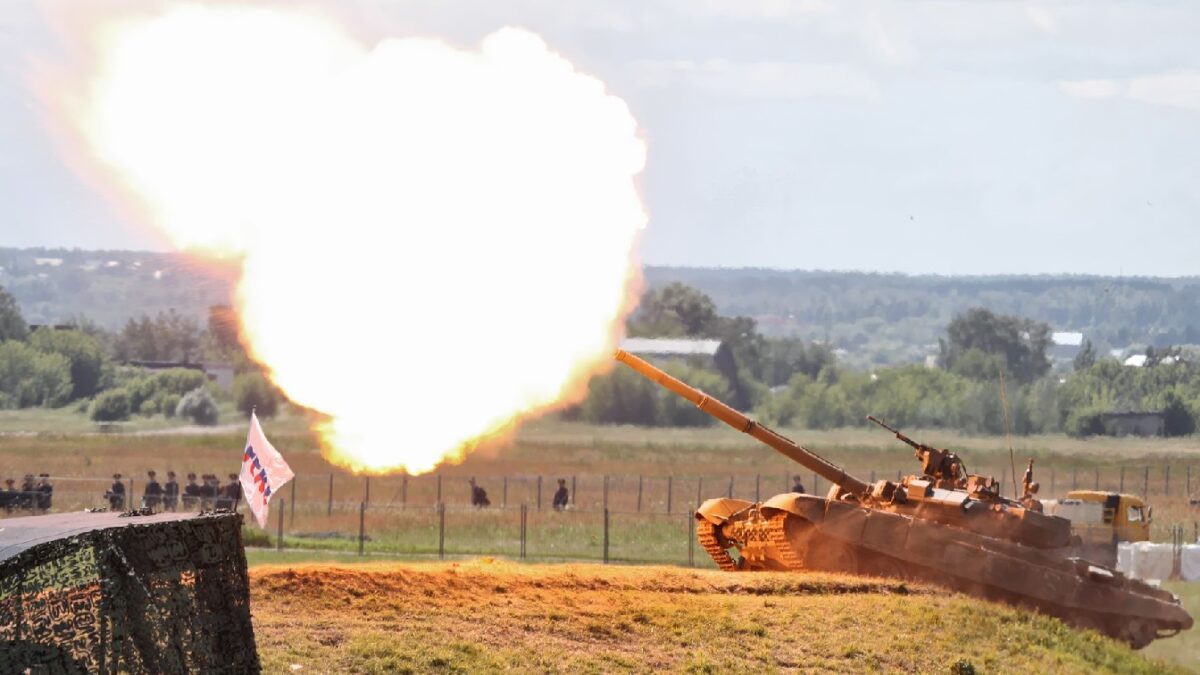As Russia Annexes Parts of Ukraine, its Army Sees Another Setback: While officials in the Kremlin were moving forward with plans to annex four Ukrainian regions, the Russian Army was retreating from some of that very territory. Moscow was seen to escalate its seven-month war with its annexation drive, as well as military mobilization and even the threat of nuclear weapons, yet it hasn’t managed to turn the tide on the battlefield.
On Tuesday, Ukrainian President Volodymyr Zelensky said that his country’s troops were pressing ahead with advances against Russian forces after liberating more towns in a number of areas.
“New population centers have been liberated in several regions. Fierce fighting continues in many areas of the front,” Zelensky said without actually specifying which settlements had been liberated.
The announcement comes just days after Ukrainian forces had taken full control of the strategic eastern city of Lyman in the Donetsk region. The liberation of the city has been seen as the Ukrainian Army’s most significant battlefield gain in weeks, and it followed a counteroffensive in the Kharkiv region to the north that drove out Russian troops and stunned many observers.
U.S. President Joe Biden had told Ukrainian President Volodymyr Zelensky in a phone call earlier on Tuesday that Washington would “never recognize” Russia’s annexation of Ukrainian territory. In addition, the two men also discussed the next U.S. security assistance package, worth $625 million, for Ukraine.
The European Union has also rejected Moscow’s “illegal annexation” and urged it to unconditionally withdraw all of its troops from the entire territory of Ukraine. Russia does not currently completely control any of the four regions it says it is annexing – Donetsk, Luhansk, Zaporizhzhia, and Kherson – while the Kremlin has said it has yet to determine the final borders of the newly annexed territory.
More Russian Tanks Destroyed in Ukraine
The Ukrainian military’s southern operational command also announced as part of its nightly update that its forces in the south destroyed 31 Russian tanks and one multiple-rocket launcher, without providing details of where the fighting had occurred.
The exact number of Russian tanks remains somewhat of a mystery, but current estimates are that as many as 2,200 tanks and nearly 4,500 armored combat vehicles (ACVs) have been destroyed. Whatever the actual number, Moscow’s arsenal has been impacted by the losses.
Ukraine has certainly become a graveyard of Russian tanks.
The U.K.-based International Institute for Strategic Studies had estimated that before the start of the invasion in February, Russia had approximately 2,800 tanks in active service with another 10,000 in storage. Based on the T-62s and other antiquated vehicles that have been encountered on the battlefield, it seems that Russia is indeed using any vehicle available.
Man-portable anti-tank weapons, such as the American FGM-148 Javelin, British NLAW, and Swedish AT4 have been effectively employed against the Russian tanks.
However, as the Moscow Times had reported last month based on data from the open source Oryx intelligence blog, upwards of 34 percent of Russia’s tank losses were actually abandoned by their crew. This has been attributed to poor planning and other logistical failures within the Russian military.

T-90 Tank. Image Credit: Creative Commons.
Perhaps the most surprising turn of events this week is that the Kremlin has admitted to the recent setbacks in Ukraine, and said that “superior tank units” had managed to “penetrate the depths of our defense” around the villages of Zoltaya Balka and Alexsandrovka. Russian media has also published critical coverage warning of supply and manpower shortages, as well as a tactical error.
Perhaps it is simply too difficult to conceal the truth any longer.
A Senior Editor for 1945, Peter Suciu is a Michigan-based writer who has contributed to more than four dozen magazines, newspapers, and websites with over 3,000 published pieces over a twenty-year career in journalism. He regularly writes about military hardware, firearms history, cybersecurity, and international affairs. Peter is also a Contributing Writer for Forbes. You can follow him on Twitter: @PeterSuciu.
